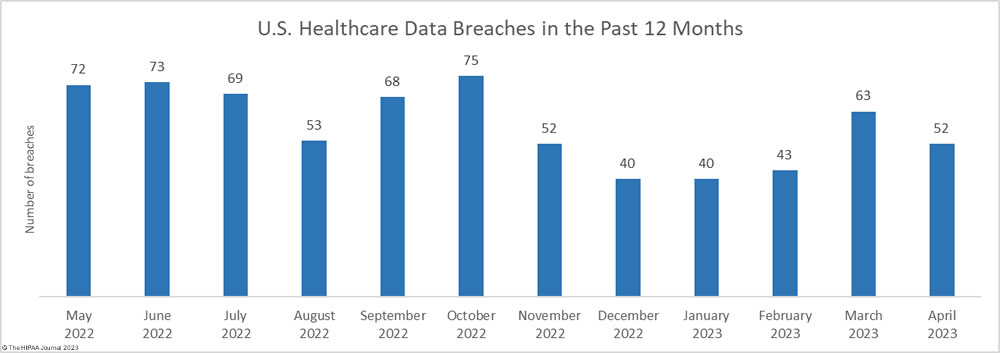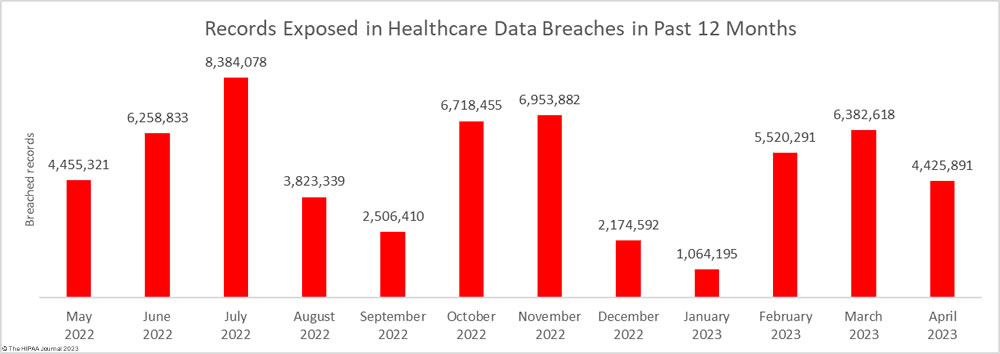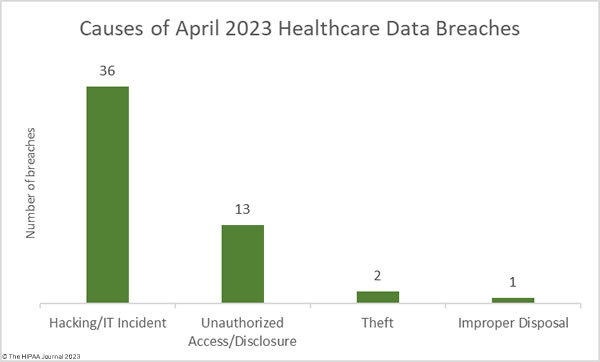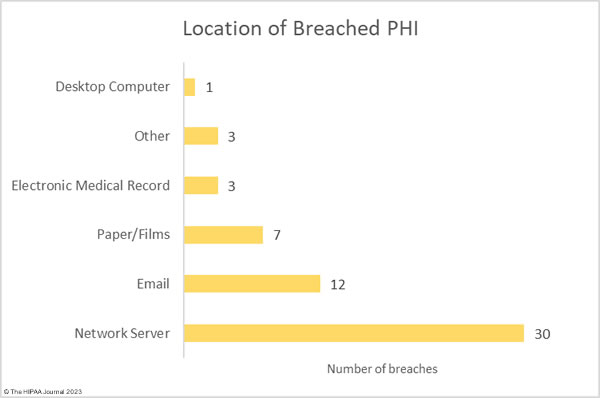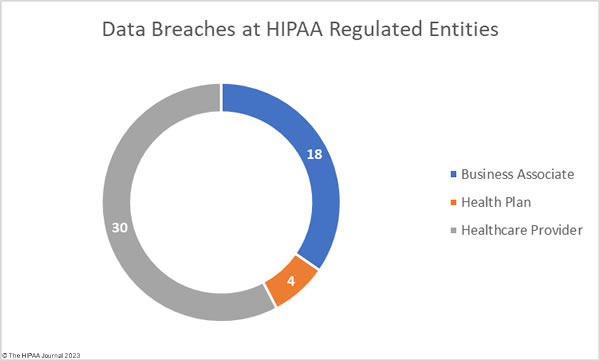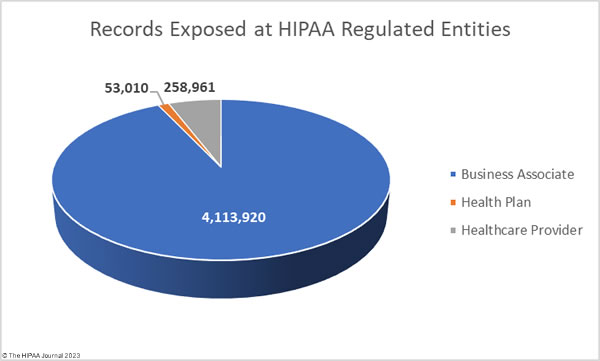The Amazon-owned online pharmacy, PillPack, has recently started notifying 19,000 customers that some of their protected health information was compromised in a cyberattack in April. Unauthorized customer account activity was detected by PillPack on April 3, 2023, and the investigation revealed customer accounts had been accessed by an unauthorized third party between April 2 and April 6, 2023. The compromised accounts contained names, addresses, phone numbers, and email addresses. Approximately 3,600 of the accounts also included prescription information.
The forensic investigation confirmed that the usernames and passwords used to access the accounts were not stolen from PillPack and had most likely been obtained in a breach at another platform where the same usernames and passwords were used. These credential-stuffing attacks can only occur when usernames and passwords have been used on multiple platforms. PillPack has not identified any misuse of customer data, and the types of information in the accounts are not sufficient to be used for identity theft. However, victims of the breach could be subject to phishing attempts to obtain further information. PillPack confirmed that the breach was limited to PillPack and notification letters have been mailed to affected individuals.
Fertility Specialists Medical Group Cyberattack Impacts 9,400 Patients
Carlsbad, CA-based Fertility Specialists Medical Group (FSMG) has recently discovered unauthorized individuals gained access to its network and potentially obtained the protected health information of 9,437 current and former patients. The network intrusion was detected on March 20, 2023, and a third-party forensic investigation was initiated to determine the nature and scope of the incident. The investigation concluded on April 21, 2023, that an unauthorized individual had access to the network and potentially acquired files containing first and last names, dates of birth, and medical information. Some of the affected individuals also had their Social Security numbers exposed. No reports of misuse of the exposed data had been received at the time of issuing notifications.
FSMG said IT specialists confirmed the security of its systems, and data security measures will be regularly reviewed to prevent similar incidents in the future. Complimentary credit monitoring services and identity theft protection services have been offered to all affected individuals.
Northwest Health – La Porte Impacted by Fortra GoAnywhere Hack
Northwest Health – La Porte in Indiana has recently confirmed that the protected health information of 10,256 patients was compromised in the Clop ransomware group’s series of attacks between January 28, 2023, and January 30, 2023. The threat actors exploited a zero-day vulnerability in Fortra’s GoAnywhewre file transfer software and exfiltrated data, which was used in attempts to extort money from victims.
Fortra has confirmed that unauthorized access is no longer possible, and its file transfer platform has been rebuilt with the vulnerability patched. Affected individuals have been offered ID restoration and credit monitoring services for the period stipulated by state law.
PHI Potentially Compromised in Cyberattack on IMA Financial Group, Inc.
The Wichita, KS-based integrated financial services company, IMA Financial Group, Inc., has confirmed that the protected health information of 2,937 individuals associated with IMA or its clients has potentially been obtained by unauthorized individuals.
Suspicious network activity was detected by IMA on October 19, 2022. Steps were immediately taken to secure its systems and a third-party cybersecurity firm was engaged to investigate the incident. The investigation confirmed that access to IMA data had been gained and information was potentially acquired by unauthorized individuals on October 19, 2023.
The data review concluded on March 10, 2023, that the files potentially obtained in the attack included protected health information such as names, dates of birth, Social Security numbers, driver’s license information, other government identification numbers, health information, and/or claim-related information. Up-to-date contact information then needed to be obtained, and notification letters started to be sent on April 19, 2023.
MU Health Care Discovers Employee HIPAA Violation
Columbia, MU-based MU Health Care has discovered an employee accessed the medical records of 736 patients without any legitimate work reason for doing so. The unauthorized access was discovered in March 2023 and the internal investigation confirmed that patient records were accessed by the employee between July 2021 and March 2023.
The types of information that could have been viewed included names, dates of birth, medical record numbers, and clinical and treatment information, such as diagnoses and procedure information. A spokesperson for MU Health Care said the individual concerned was subject to internal disciplinary procedures and there are no indications that any of the information accessed has been misused or further disclosed. Notification letters are being sent to all affected individuals.
The post 19,000 Amazon PillPack Customer Accounts Compromised appeared first on HIPAA Journal.
